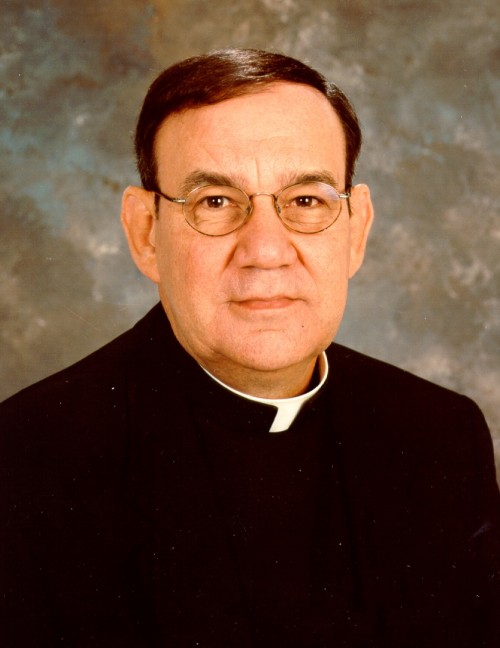
2012’s first baby
January 3, 2012
Zeringue remembered by sister
January 3, 2012The student-comprised governing body at Nicholls State University has taken the initiative to change the way it collects tuition-based fees, the largest source of revenue for the Student Government Association.
SGA currently collects out of tuition $5 per enrolled student taking seven or more credit hours each semester.
Its senators unanimously passed a motion in October to create a referendum that will allow the student body to decide whether or not to self-assess SGA allocations as 0.5 percent of a student’s tuition.
“In the past, as you can tell, inflation occurs and the value of the dollar decreases, and you get less and less money,” said SGA President John Lombardo, a senior government major. “We’re trying to fix a problem.”
If it passes, the SGA fee for 2012-13 would be $11.84 for full-time students. The student body will vote on the issue from March 25-28.
If the students approve the change, it would still be subject to approval by the university president and the University of Louisiana System Board of Supervisors, which should issue rubber stamps as long as the change isn’t “outlandish,” Nicholls Executive Vice President Larry Howell said.
“Generally, the board will approve something that is a student fee that has been approved by a student referendum,” he said. “If the students approved it, we would, unless it’s just outlandish.”
Howell said he hasn’t seen the specific changes proposed, so he could not comment on the likelihood of the item being approved.
Supporters of the change said the proposed fee schedule was decided upon so student councilors could continue to provide – and expand – SGA services and to put Nicholls student government collections on par with other state institutions.
“As the school grows, we want to grow with it,” said Melissa Cloutet, a sophomore senator representing the College of Business. “As we have more money coming in, we can provide better events. I think it will really help the student government provide more for our students.”
SGA loans textbook money to students who are strapped for cash. It also oversees the university student health care system, hosts events to raise awareness of issues on campus and off, and recently passed a motion to dedicate parking spots for members of the faculty who are also volunteer firefighters, while also addressing other day-to-day issues.
Lombardo said the self-assessed collections total between $25,000 and $30,000 per year, about half of the $50-60,000 annual budget.
The University of Louisiana at Lafayette SGA collects $7.50 per semester from each student taking at least six credit hours.
Eugene Dial Jr., vice president for student affairs and enrollment services at Nicholls, officially became the SGA advisor in 2001 but he has worked as a liaison advisor since 1990.
Dial said the progressive mindset exemplified by SGA’s initiative in creating a system that will continue to pay dividends 20 years later is indicative of the current government makeup.
“They don’t get stuck on one small minute point about a situation,” Dial said. “They tend to look at the overall outcome, which I think is a good way to approach governing.”
The self-assessed fee has not changed since 1990-91, Dial said.
SGA also approved placing a constitutional amendment on the March ballot that would lessen the eligibility benchmarks that must be met to qualify for the executive board, comprised of president, vice president, treasurer, director of student rights and director of public relations.
Currently, students must complete 45 credit hours and have attended Nicholls for at least two semesters prior to qualifying for candidacy for an executive position.
The amendment proposes lessening the requirements to 12 credit hours and one semester in an effort to increase competitiveness and give the student body more choices, according to Cloutet and Lombardo.
It would also impact transfer students from Fletcher Technical Community College, according to Dial.
Lombardo served two years as a senator and one as a vice president prior to being elected president last spring. He said his goal is to reform the image of student government into one that is professional and accountable.
In order to reach that goal, SGA has mandated a business dress code for meetings and events, and Lombardo personally took steps toward it earlier in his tenure by asking select senators to resign and rejecting others’ applications “due to a lack of professionalism and vision.”
As a result, the senate, which has 35 available seats, currently as 12 vacancies. The SGA president said this doesn’t concern him because sitting senators have proven to be dedicated.
“It’s not about having a full senate because if you have a full senate and just one senator who is gung-ho and really goes out to do stuff, you in essence have a senate of one even though it looks like you’re completely full,” Lombardo said. “We’re trying to really take this senatorship very seriously.”










